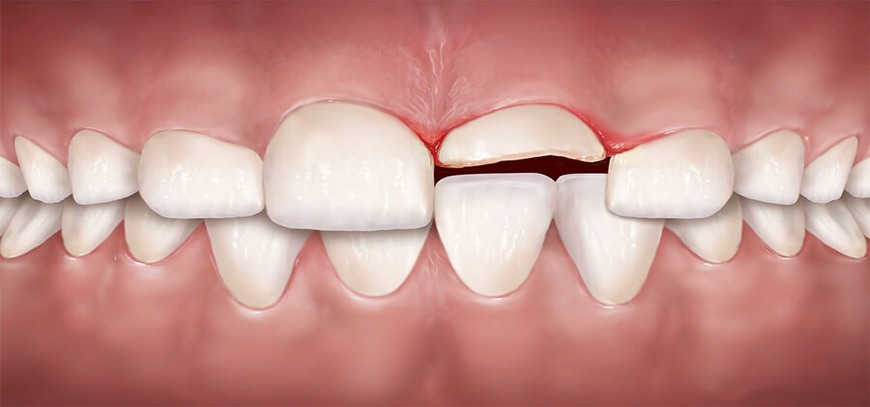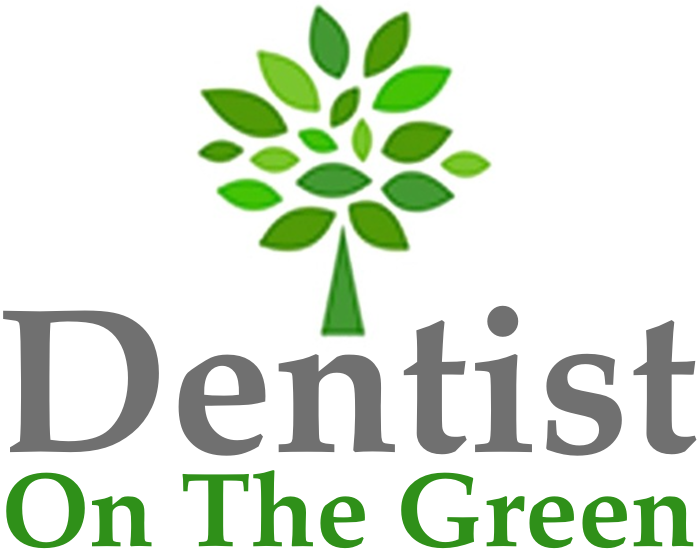Injuries From Accident

Dental injuries can easily occurring during all type of vehicle accidents including persons involved in an accident with a truck, motorcyclists, or bicyclist. A normal adult human mouth is composed of 32 teeth which are then composed of 5 parts:
- Enamel Hardest part of the tooth; composed mainly of calcium phosphate and is the outer layer of our teeth.
- Dentin Layer underneath the enamel and is made up of living cells that secrete a hard mineral substance.
- Cementum This layer of connective tissue binds the teeth to the jawbone and gums.
- Pulp Softer, inner structure of the tooth made up of blood vessels and nerves.
- Peridontal Ligament Connective tissue fibers that connect the tooth to the bone within which it sits.
Types of dental injuries
Our mouths are made of dozens of teeth, each of which are made up of several different parts. Due to its size and the various parts that it is made up of, there are several different types of dental injuries a person could suffer from in the event of a serious car accident.
Some common types of dental injuries include:
-
-
-
-
-
-
-
-
-
-
-
- Chipped of Fractured Teeth A more minor type of injury, an accident could cause a person to suffer from a fractured tooth, in some cases it could expose the pulp which may result in the need for a root canal.
- Dislodged Teeth Also known as a luxated tooth, during trauma a persons tooth may be pushed sideways, out of its socket, or into its socket.
- Avulsed Teeth When a persons entire tooth is knocked out during a traumatic accident, it is referred to as an avulsed tooth. In serious cases the knocked out teeth cannot be saved and a dentist will need to replace it with an artificial tooth.
- Root Fracture Similar to a tooth fracture, this type of injury affects the root and could result in the loss of the affected tooth.In most cases some type of surgery is needed to treat a dental injury including the use of dental implants if a person suffers from traumatic dental injuries.
-
-
-
-
-
-
-
-
-
-
Filling placement is necessary to treat cavities and prolong the longevity of the natural teeth. With today’s technology continuously improving, new methods are developed to benefit the patients and ensure their positive oral health for a lifetime.
Teeth can become chipped, cracked, broken into pieces and knocked out completely. This usually happens as the result of a minor or major accident (trauma).
Children often knock their front teeth when they trip or collide during sports.
If someone has injured their teeth, they might also have other injuries that could be more serious in the short term. It is a very good idea to get them checked out by a doctor, dentist or oral and maxillofacial team if you are worried that they might have hit their head, lost consciousness, have injured the soft tissues of the face or might have broken their jaw etc.
If the injury is only minor, you should contact your dentist for an ’emergency’ appointment to assess what can be done to save the function and appearance of the teeth.
If your tooth (or teeth) have been knocked out or displaced, then it is possible for our dentist or oral and maxillofacial team to replace it and for it to retain some function in the long-term.
Teeth that are chipped, cracked or broken can often be restored to a good appearance and function – although sometimes this can entail root treatments and crowning – especially in the longer term.
